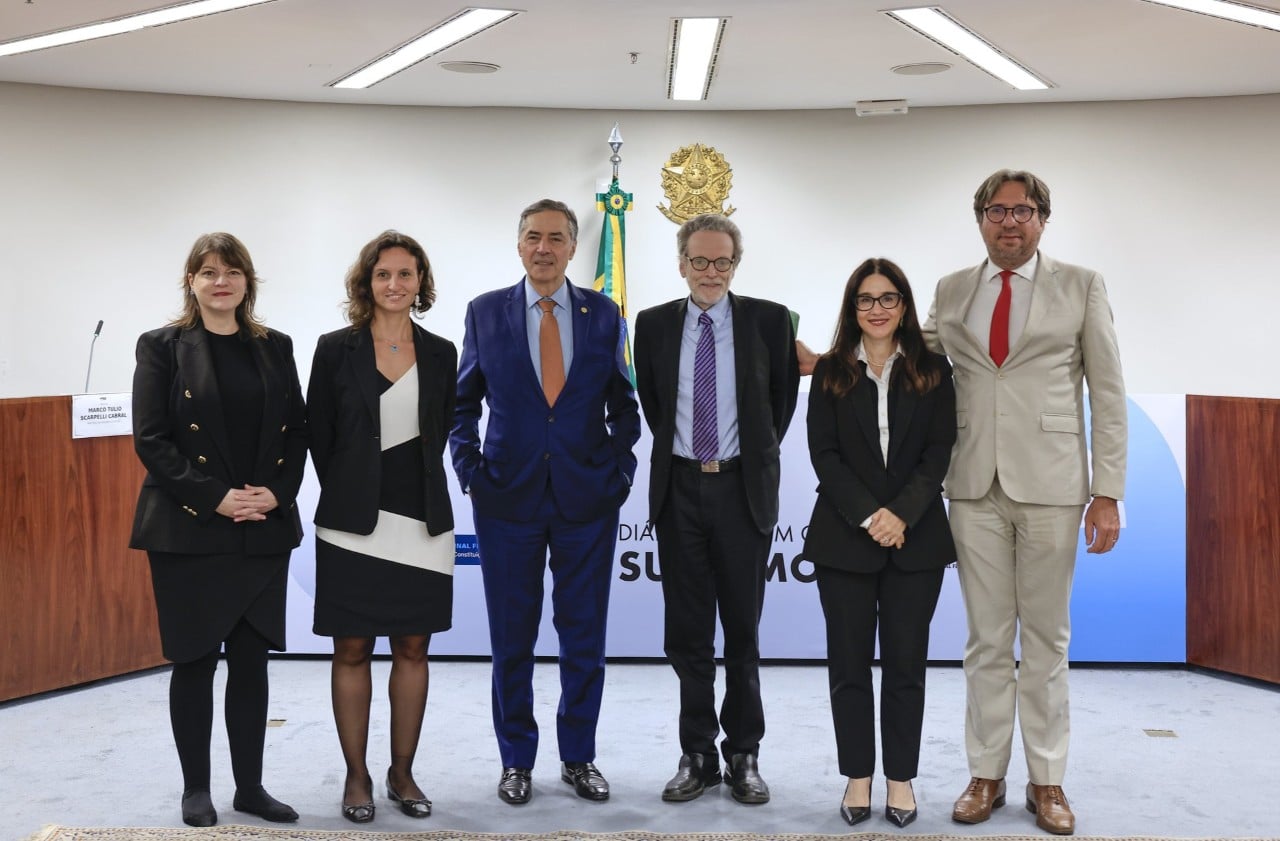Experts Call for Urgent Action as COP30 Finance Goal Achieves Only 4-5%

The global funding target for COP30 is significantly lagging, with only 4-5% of the pledged $1.3 trillion achieved to date, according to Vishwas Chitale, a Fellow at the Council on Energy, Environment and Water (CEEW). In a recent interview, Chitale emphasized the urgency of meeting this target for effective climate action, highlighting the need for accelerated efforts from both developed and developing nations. He noted that while developed countries have been the primary contributors, developing nations must also fulfill their commitments by 2030 to ensure progress.
Current Status of Climate Financing
Vishwas Chitale’s remarks underscore a critical concern regarding the slow pace of climate financing ahead of COP30. With only 4-5% of the $1.3 trillion target met, the urgency for action is palpable. Chitale pointed out that the responsibility for climate finance largely falls on developed nations, which have historically contributed more to the funding pool. He stated, “All the developing countries are supposed to contribute by 2030,” indicating that collective action is necessary to meet the ambitious goals set for climate action. The slow progress raises questions about the commitment levels of various nations and the effectiveness of current strategies in mobilizing the required funds.
Broader Goals of COP30
Chitale elaborated that COP30 is not solely focused on financial commitments but also aims to foster broader synergies in climate action, including enhancing community resilience and improving land use practices. He emphasized the importance of translating financial commitments into tangible actions. The main agenda for COP30 will revolve around how to effectively deliver on the $1.3 trillion climate finance goal and whether significant actions can be observed in the near future. The discussions at COP30 are expected to address these critical issues, aiming to create a roadmap for achieving climate resilience and sustainability.
India’s Role in Climate Negotiations
India has emerged as a pivotal player in the climate negotiations, particularly representing the interests of the Global South. Chitale highlighted India’s leadership in discussions surrounding adaptation finance and resilience. Initiatives such as the Coalition for Disaster Resilient Infrastructure (CDRI) and the Prime Minister’s ten-point agenda on disaster reduction are seen as significant steps toward enhancing climate resilience. As India continues to advocate for the needs of developing nations, its role in the upcoming COP30 in Belem this November will be crucial in shaping the negotiations and outcomes.
Challenges Ahead and the Need for Action
The challenges facing climate finance are compounded by warnings from reports, such as one from Moody’s, which indicated that many governments are falling short of the Paris Agreement’s climate targets. This situation has led to a focus on adaptation and resilience investments, with concerns about a potential “climate investment trap” for emerging markets if funding gaps persist. Chitale concluded by stressing the necessity for increased awareness and concrete actions to expedite the delivery of climate finance. He reiterated that COP30 holds significant responsibility in ensuring progress on both funding and resilience-building initiatives, which are essential for combating climate change effectively.
Observer Voice is the one stop site for National, International news, Sports, Editor’s Choice, Art/culture contents, Quotes and much more. We also cover historical contents. Historical contents includes World History, Indian History, and what happened today. The website also covers Entertainment across the India and World.
Follow Us on Twitter, Instagram, Facebook, & LinkedIn

